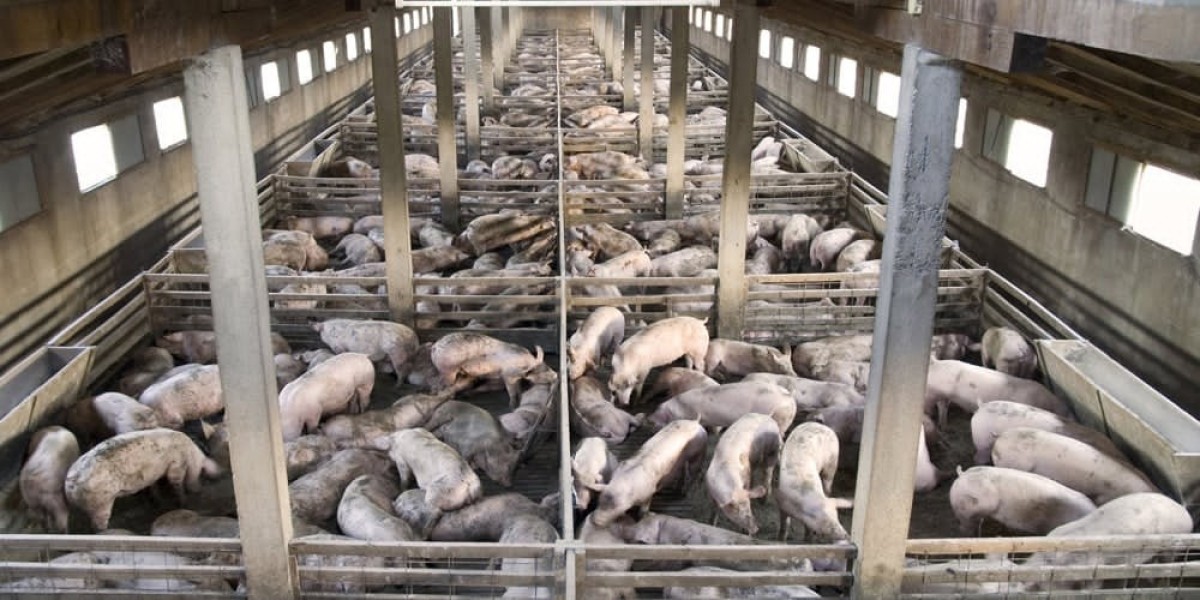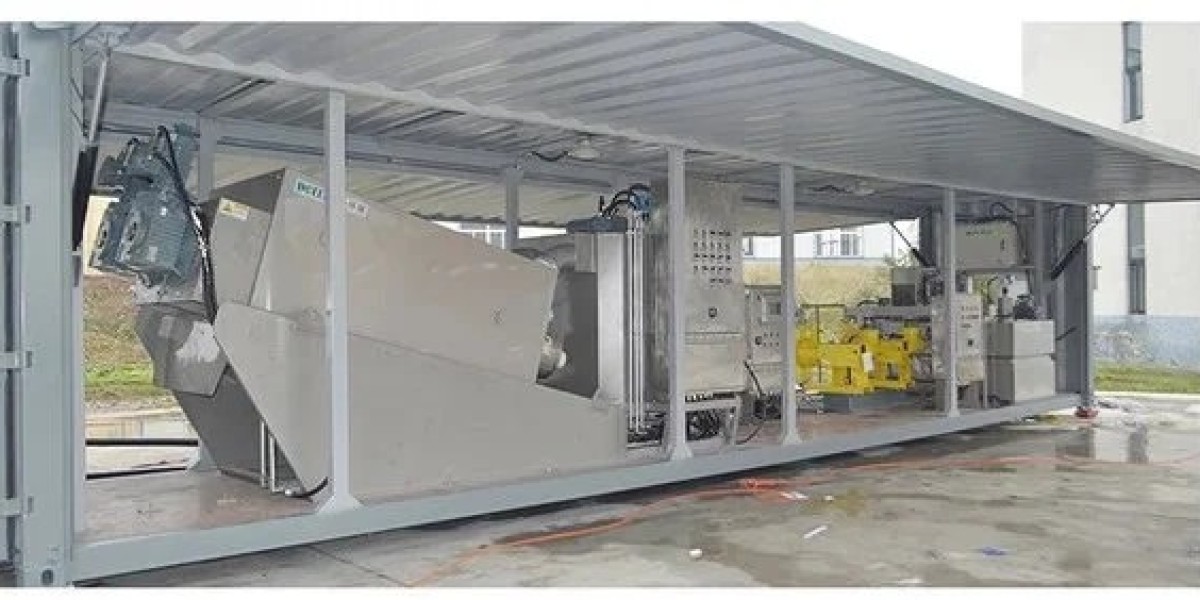The plight of battery hens suffering is a distressing reality hidden within the egg production industry, where millions of hens are confined to cramped cages and subjected to inhumane conditions for the majority of their lives. Despite efforts to improve welfare standards, the practice of keeping hens in battery cages remains prevalent in many parts of the world, highlighting the urgent need for reform.
Battery hens suffering encompasses the physical and psychological toll inflicted upon hens confined to battery cages, where they are unable to exhibit natural behaviors or live fulfilling lives. In these overcrowded and barren environments, hens are denied the space and resources necessary to express their natural behaviors, such as perching, dust bathing, and foraging.
One of the most distressing aspects of battery hens suffering is the confinement to tiny wire cages, often stacked on top of one another in windowless sheds. Battery hens suffering is evident in the cramped conditions in which the hens are forced to live, with each hen given only a few square inches of space to move around. This lack of space not only restricts their movement but also increases the risk of injury and stress.
Furthermore, the intensive nature of battery hen farming exacerbates welfare issues, with hens subjected to constant artificial lighting and high stocking densities. The stress of confinement and overcrowding can lead to a range of health problems, including feather loss, skeletal deformities, and behavioral abnormalities.
The impact of battery hens suffering extends beyond the individual welfare of the hens to encompass broader ethical and environmental concerns. The commodification of hens for egg production perpetuates a culture of exploitation and disregard for their welfare, undermining our moral obligations to treat animals with compassion and respect.
Moreover, the environmental footprint of battery hen farming is significant, with large-scale operations producing vast amounts of waste and contributing to pollution and resource depletion. The use of intensive production methods also comes with public health risks, including the spread of diseases and antibiotic resistance.
Despite these challenges, there is hope for change. As consumers become more aware of the ethical and environmental implications of battery hen farming, there has been a growing demand for alternative and more humane egg production systems. Free-range, organic, and pasture-raised eggs are gaining popularity as people seek out products that align with their values of compassion and sustainability.
Efforts to improve the welfare of hens in battery farming systems include the adoption of enriched cage systems, which provide hens with more space and opportunities for natural behaviors. Additionally, regulatory measures and consumer pressure are driving changes within the industry, with some countries banning or phasing out the use of battery cages altogether.
In conclusion, battery hens suffering is a significant welfare issue that underscores the need for reform within the egg production industry. The confinement of hens to cramped cages deprives them of the opportunity to live fulfilling lives, while also posing ethical, environmental, and public health concerns. By advocating for more humane and sustainable egg production practices and making informed choices as consumers, we can work towards a future where hens are treated with dignity and compassion, free from the confines of battery farming.









